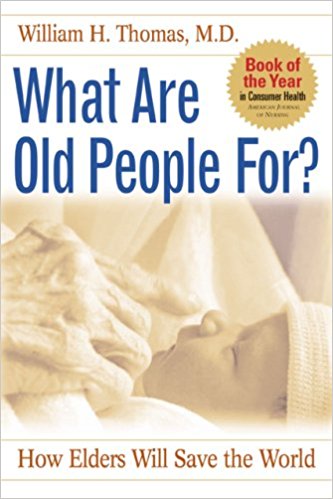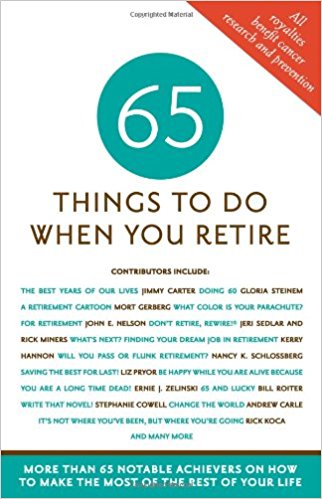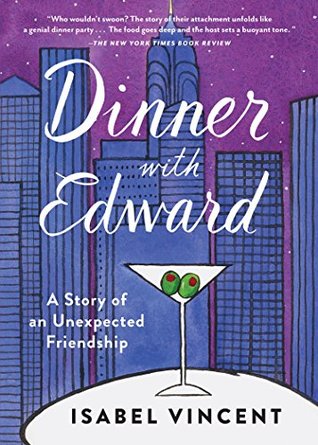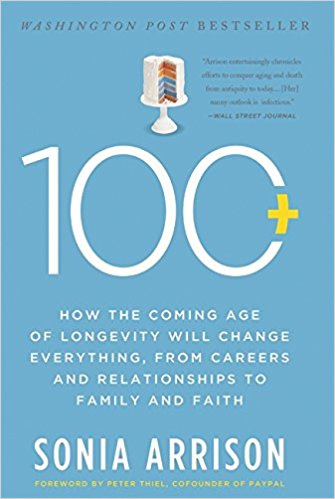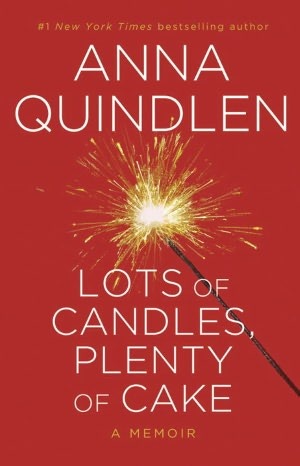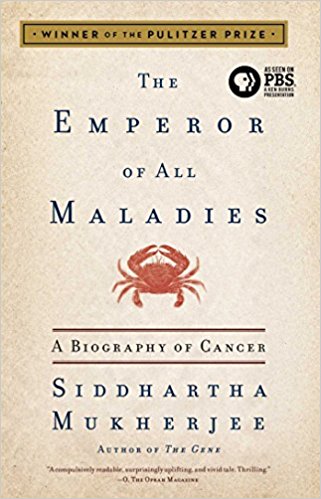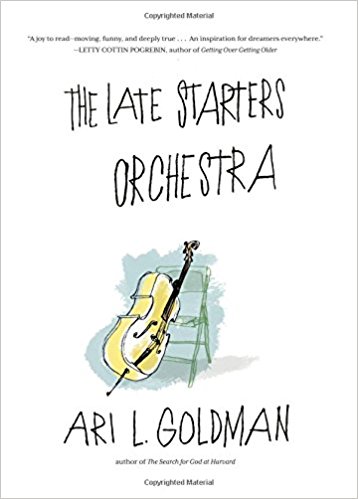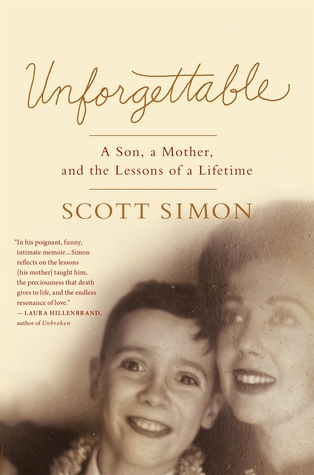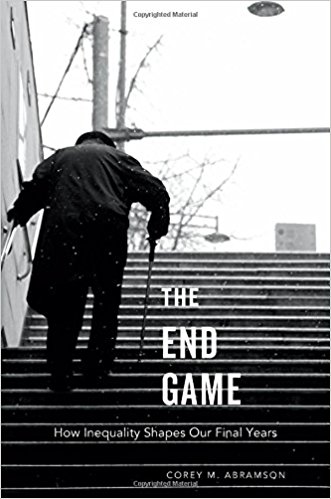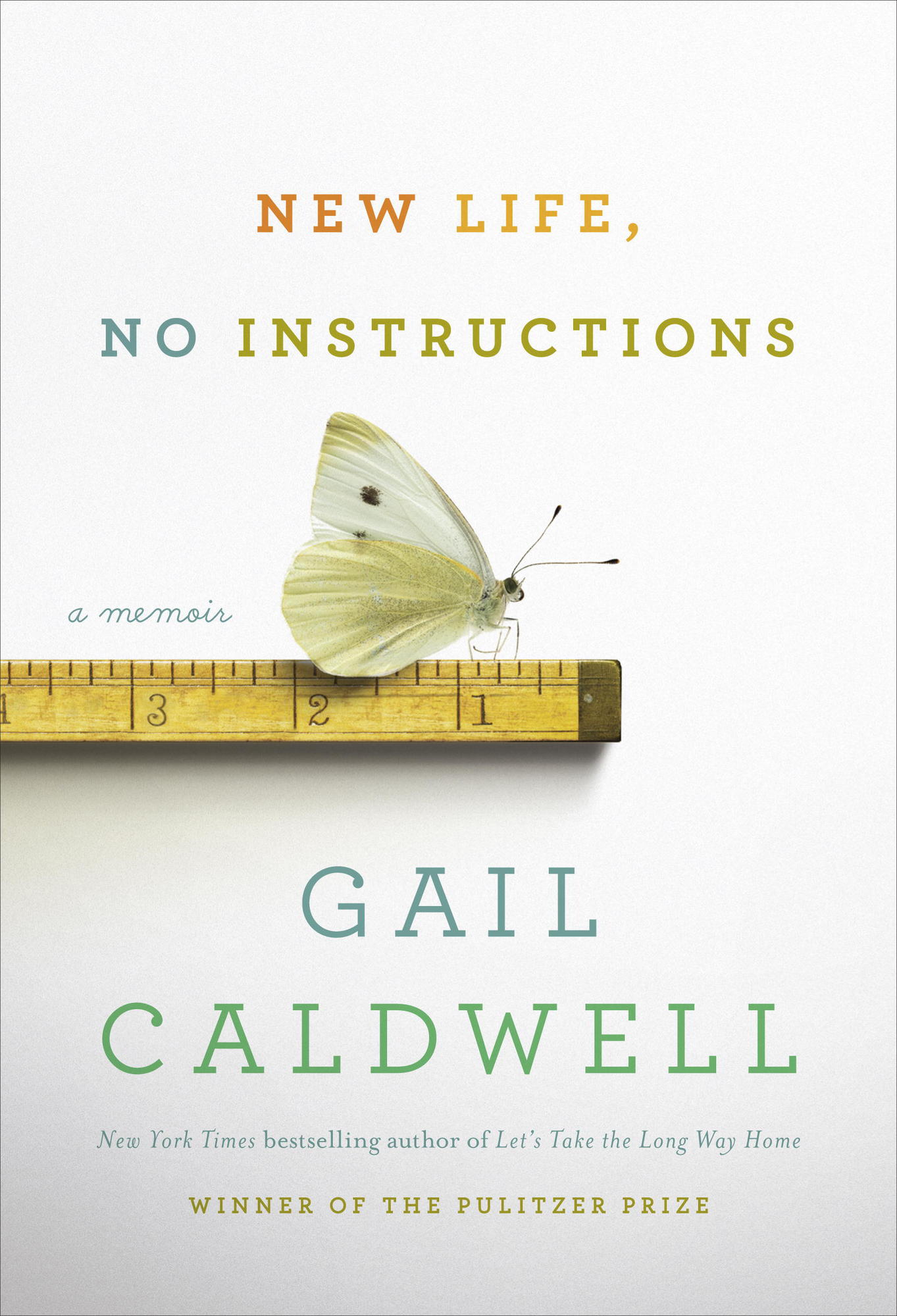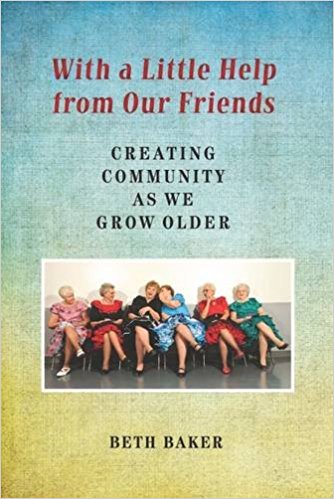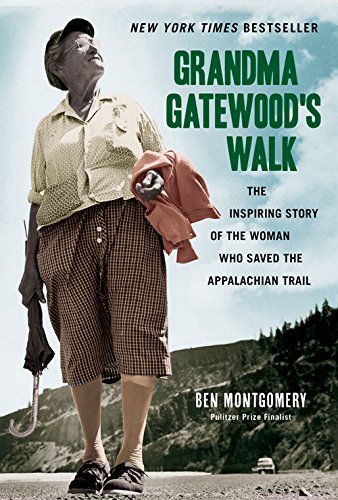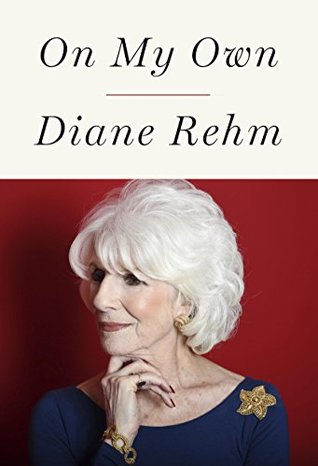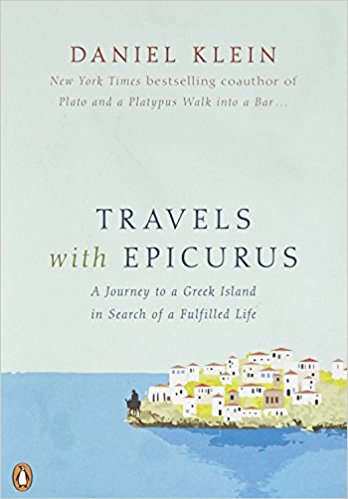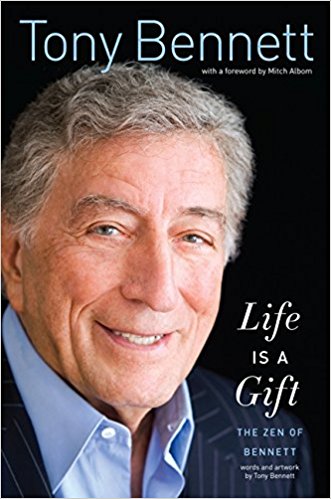
By Tony Bennett – Harper, 2012
Tony Bennett looks back at the route he has taken to achieve his personal Zen and encouraging us to follow in his footsteps. In this memoir, Bennett, at 86, reminisces about his musical career, his family and his love of all things beautiful, which inspired him to paint. A folksy everyman in many ways, Bennett is a great storyteller. He reveals his philosophy on achieving excellence in art and attaining fulfillment in life: stay active and engaged and strive to be a lifelong learner—both, proven methods of successful aging. While not pretending to be a full account of his life (there are several other books that do that well), Life Is a Gift includes plenty of tales about Bennett’s encounters with other musical legends over the years. Intimate at times but not overly profound, the insights shared by the mega star reveal a humble, grateful man who never stops honing his craft. An inspiration at any age.

